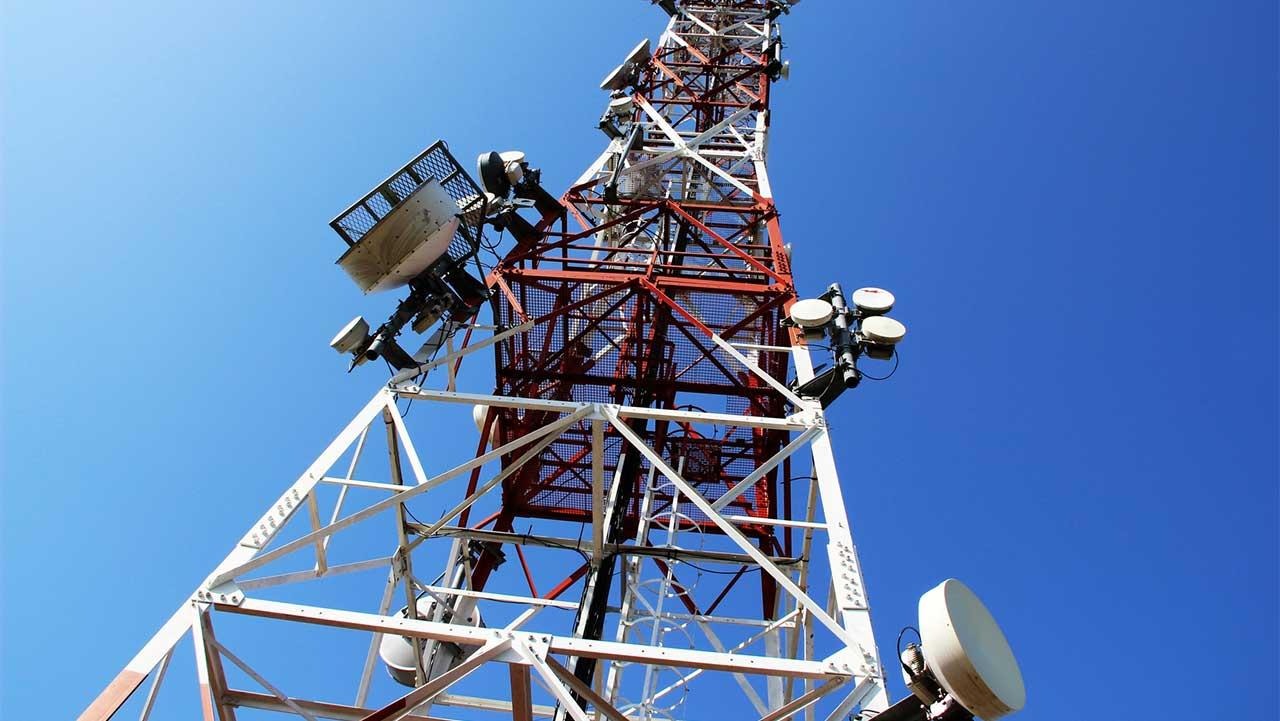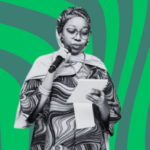In a move that has sparked widespread debate across Nigeria, the Nigerian Communications Commission (NCC) recently approved a 50% increase in mobile telecommunications tariffs.
This decision, made during a virtual meeting on January 20, 2025, has the potential to reshape Nigeria’s telecom landscape. However, concerns about affordability and access remain pressing issues for many Nigerians.
Why the Tariff Hike?
The tariff hike aims to address significant investment needs in the telecommunications sector, which has been grappling with infrastructure challenges, rising operational costs, and the need for expansion.
According to the Global System for Mobile Communications (GSMA), the increase could unlock as much as $150 million in investments, primarily for expanding 4G network coverage and improving service quality.
While this is a positive development for investors, it raises critical concerns about the affordability of mobile services for the average Nigerian consumer.
The GSMA believes that a modernised telecom sector will bring numerous benefits, including enhanced access to digital services such as mobile banking, e-health and e-commerce. These improvements could boost Nigeria’s digital economy, a key driver of national growth.
Additionally, the expected investments might lead to the addition of nine million new mobile consumers, further accelerating Nigeria’s digital transformation.
Who Will Bear the Brunt?
While increased investment and improved network coverage are welcomed, the 50% tariff hike means mobile phone users will now pay more for calls, texts and data. This could be burdensome for a large portion of the population already struggling with the high cost of living.
Telecom services have become indispensable in Nigeria, serving as gateways to banking, communication, and education. With over 40.7% of Nigerians living below the international poverty line, many already struggle to afford mobile data and airtime.
The tariff hike could further restrict access to essential services, disproportionately impacting lower-income individuals.
The economic strain is compounded by Nigeria’s high inflation and currency devaluation, which have increased the cost of goods and services, including imported telecom equipment. The additional financial pressure has led to strong reactions from various organisations.
The Nigerian Labour Congress (NLC) deplored the hike as a “clear assault on the welfare of the people,” arguing that it prioritises corporate interests over citizens’ needs. Similarly, the National Association of Telecom Subscribers of Nigeria (NATCOMS) criticised the hike, suggesting a more modest increase of 5–10% instead.
While the tariff increase aims to generate much-needed funds for the telecom sector, experts emphasise the need for a balanced approach. The NCC must ensure that the price hike does not disproportionately affect vulnerable consumers.
The Federal Competition and Consumer Protection Commission (FCCPC) has called for telecom operators to use the additional revenue to enhance service quality, improve network coverage, and ensure greater transparency in pricing.
A potential solution is the introduction of a tiered pricing model, allowing lower-income consumers to access essential mobile services at affordable rates, while premium users pay more. Additionally, telecom companies must reinvest the increased revenue into expanding network coverage, particularly in underserved areas, to bridge the digital divide.
Regulatory reforms are also necessary. The GSMA has recommended simplifying the regulatory environment, particularly regarding Right of Way (RoW) permits, which telecom companies need for infrastructure development.
Addressing these bottlenecks would facilitate easier investment in network expansion and service improvements.
A careful, balanced approach is essential to ensure that the benefits of this reform reach all Nigerians. With the right policies and investments, Nigeria has the potential to emerge as a leader in Africa’s digital economy, fostering innovation and growth while ensuring that connectivity remains accessible to all.
The Nigerian Communications Commission's recent approval of a 50% increase in mobile telecommunications tariffs has sparked significant debate in Nigeria. This decision aims to address the telecom sector's investment needs for infrastructure expansion and service improvement. The Global System for Mobile Communications (GSMA) projects that this could result in $150 million in investments, expanding 4G coverage and enhancing digital services like mobile banking. However, this tariff hike is likely to place a financial burden on many Nigerians, especially lower-income individuals, who already struggle with high living costs amidst inflation and currency devaluation.
The proposed increase has faced criticism from organizations like the Nigerian Labour Congress and the National Association of Telecom Subscribers of Nigeria, arguing for a more balanced approach. The Federal Competition and Consumer Protection Commission suggests that telecom operators should use the additional revenue to improve service quality and network transparency. A tiered pricing model is proposed to make essential mobile services affordable for lower-income consumers, while regulatory reforms are needed to streamline development processes. A balanced implementation of these changes could help Nigeria emerge as a leader in Africa's digital economy, ensuring that all citizens have access to improved connectivity.






